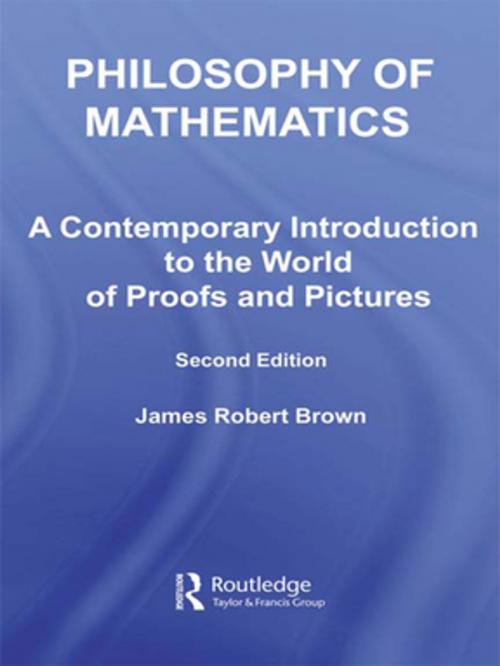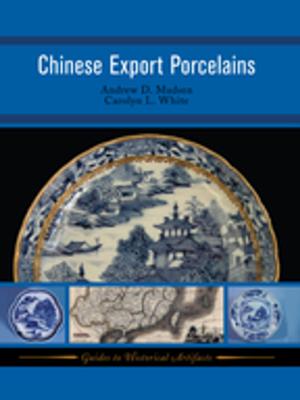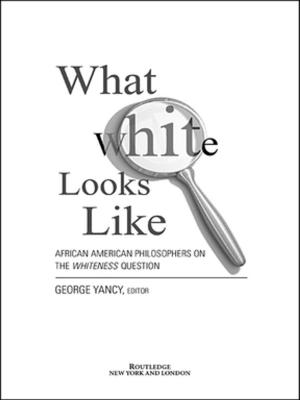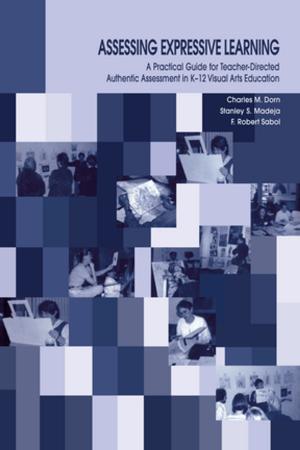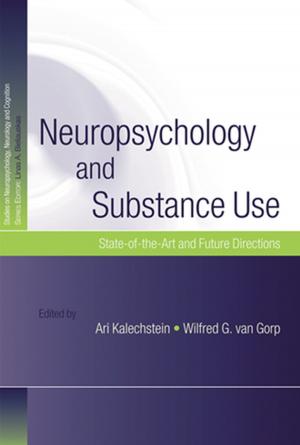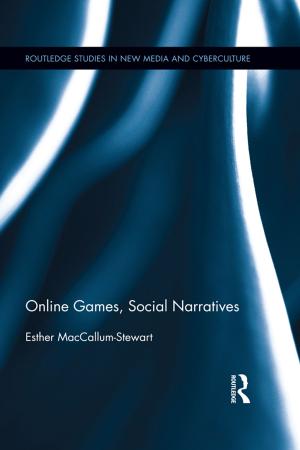Philosophy of Mathematics
A Contemporary Introduction to the World of Proofs and Pictures
Nonfiction, Science & Nature, Mathematics, Religion & Spirituality, Philosophy| Author: | James Robert Brown | ISBN: | 9781135902384 |
| Publisher: | Taylor and Francis | Publication: | March 17, 2010 |
| Imprint: | Routledge | Language: | English |
| Author: | James Robert Brown |
| ISBN: | 9781135902384 |
| Publisher: | Taylor and Francis |
| Publication: | March 17, 2010 |
| Imprint: | Routledge |
| Language: | English |
In his long-awaited new edition of Philosophy of Mathematics, James Robert Brown tackles important new as well as enduring questions in the mathematical sciences. Can pictures go beyond being merely suggestive and actually prove anything? Are mathematical results certain? Are experiments of any real value?
This clear and engaging book takes a unique approach, encompassing non-standard topics such as the role of visual reasoning, the importance of notation, and the place of computers in mathematics, as well as traditional topics such as formalism, Platonism, and constructivism. The combination of topics and clarity of presentation make it suitable for beginners and experts alike. The revised and updated second edition of Philosophy of Mathematics contains more examples, suggestions for further reading, and expanded material on several topics including a novel approach to the continuum hypothesis.
In his long-awaited new edition of Philosophy of Mathematics, James Robert Brown tackles important new as well as enduring questions in the mathematical sciences. Can pictures go beyond being merely suggestive and actually prove anything? Are mathematical results certain? Are experiments of any real value?
This clear and engaging book takes a unique approach, encompassing non-standard topics such as the role of visual reasoning, the importance of notation, and the place of computers in mathematics, as well as traditional topics such as formalism, Platonism, and constructivism. The combination of topics and clarity of presentation make it suitable for beginners and experts alike. The revised and updated second edition of Philosophy of Mathematics contains more examples, suggestions for further reading, and expanded material on several topics including a novel approach to the continuum hypothesis.
